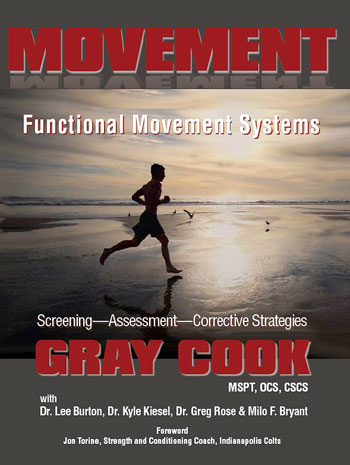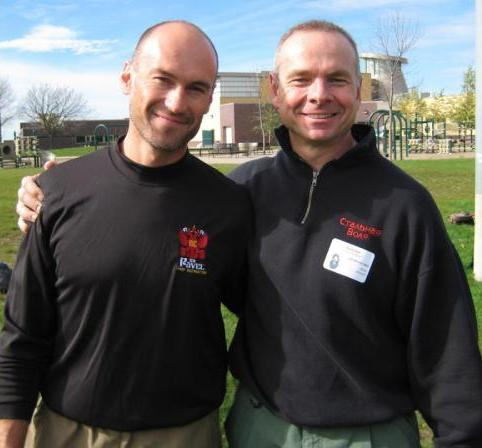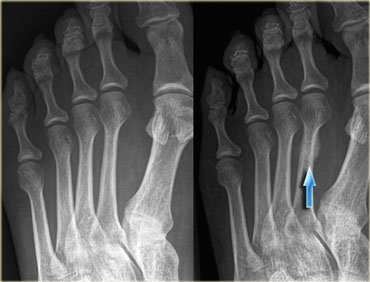
Gray Cook reminds us in his most recent book, Movement, that things are not always what they appear.
• What we view as weakness may be muscle inhibition
• The weakness is a prime mover might be the result of a dysfunctional stabilizer
• Poor function in an agonist may actually be problems with the antagonist.
• What we view as tightness may be protective muscle tone, guarding and inadequate muscle coordination.
• What we see as bad technique might be the only option for the individual performing poorly selected exercises.
• What we see as a low general fitness may be the extra metabolic demand produced by inferior neuromuscular coordination and compensation behavior.
-pg.25. Movement by Gray Cook.
....or we could just ignore these points and sleep a whole lot better at night "knowing" that our patients somehow simply didn't respond to our "traditional" treatment protocol.
... or we could take a look a little bit further down the rabbit hole.
The decision is yours.
Art Horne is the Coordinator of Care and Strength & Conditioning Coach for the Men’s Basketball Team at Northeastern University, Boston MA. He can be reached at a.horne@neu.edu.









